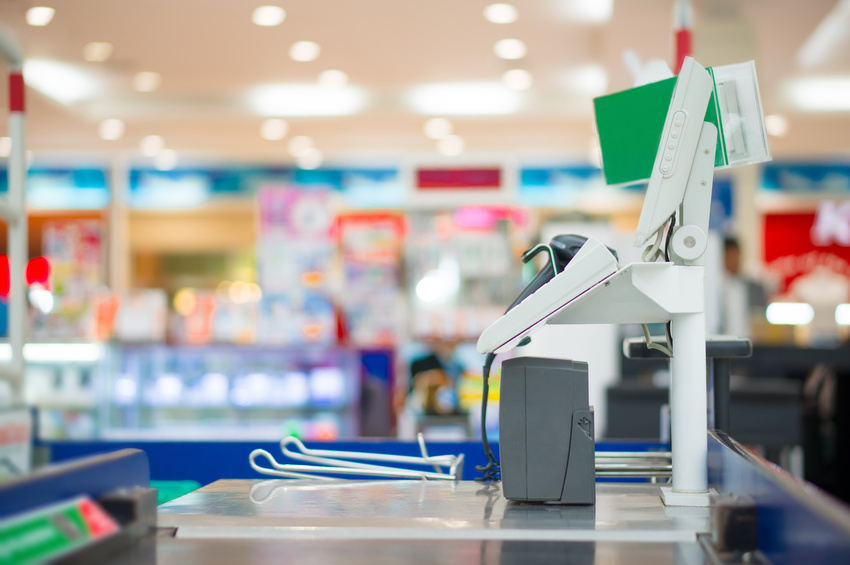BitCoin is something that hasn’t been in the news as of late. This could be for many reasons, but one of the most significant is that it isn’t the only alternative payment source around anymore. There are currently over 100 alternative payment processing solutions, and that is just in the United States and Canada. While they may all look the same on the surface, they are not all created equal. Below are five of the best alternative payment processing choices currently offered up in the United States and Canada.
1: Amazon Payments. Just when it seemed like Amazon has the stronghold on every market (clothing, food, textbooks), they roll out their alternative payment processing solution. While it isn’t new (it arrived in 2007), it is now making waves due to its name recognition and pricing schedule. Pricing is currently set at 1.9% 2.2%, 2.5% or 2.9% of the sale, all plus 30 cents, depending on transaction size. For micropayments (below $10): 5% plus 5 cents.
2: Chirpify. Chirpify is not as known as Amazon Payments, but it still packs a punch. It is the processor for Twitter, Lenovo, At&T, TailorMade, Sprint, and Adidas, to name a few. It also has rates that appeal to tech-savvy clients. The current rate schedule is Merchants pay 2.9% plus 30 cents; $2,500 per action tag per month.
3: Dwolla. Dwolla has what some consider being the most reasonable fee set-up in the alternative payment processing industry. With Dwolla, $10 or less transactions are free, and transactions more than $10 cost a flat rate of 25-cents. However, Dwolla is still small in comparison to the aforementioned processors, so experience and knowledge maybe an issue for staffing.
4: Google Wallet. If you have an Android device, you know what Google Wallet is. It safely allows you to purchase apps, books, music, and other things in the Google Play store, as well as allows small businesses to process their payments through it. Currently, there is no fee to accept Wallet beyond established card-acceptance costs; consumers who use credit or debit cards to send money or to reload their Wallet balance pay 2.9% with a 30-cent minimum.
5: PayPal. PayPal has its issues, but is popular due to its name. The biggest issues with PayPal comes from its ability to drop merchants with little notice. All high risk merchants need to steer clear of PayPal, and look for a high risk merchant account with a reputable company, such as EMB. Another issues is its complicated rate schedule, which is: Top rate, for up to $3,000 in monthly sales, 2.9% plus 30 cents; for PayPal Here, 2.7% for card swipes and 3.5% plus 15 cents for manually entered transactions; for person-to-person payments in the U.S., 2.9% plus 30 cents when funded with a credit or debit card; micropayments, 5% plus a nickel.


